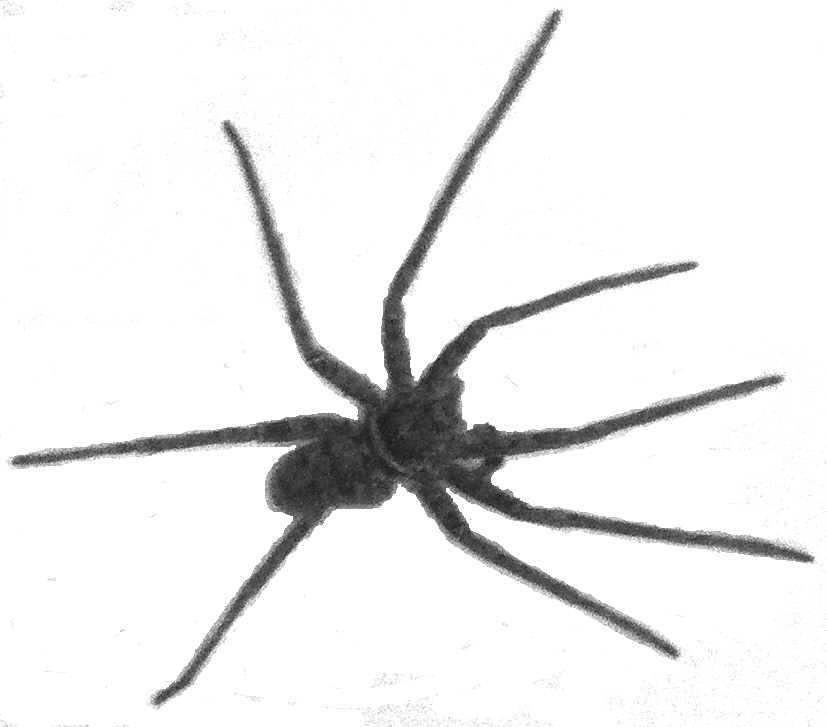Sehonghong (MOS)
Basic information
Sample name: Sehonghong (MOS)
Reference: I. Plug and P. Mitchell. 2008. Sehonghong: hunter-gatherer utilization of animal resources in the highlands of Lesotho. Annals of the Transvaal Museum 45:31-53 [ER 3742]
Geography
Country: Lesotho
State: Thaba-Tseka
Coordinate: 29° 46' S, 28° 47' E
Coordinate basis: stated in text
Time interval: Late Pleistocene
Section: 3742
Unit number: 10
Unit order: above to below
Ma: 0.0205
Age basis: radiocarbon (uncalibrated)
Geography comments: "Sehonghong is a large rock-shelter on the banks of the Sehonghong River, close to its confluence with the Senqu (Orange/Gariep) in the Thaba Tseka District of the highlands of Lesotho. The site lies at an elevation of 1800 m above sea level".
Layer MOS dates to 20,500 ± 230 BP based on a single radiocarbon date.
Layer MOS dates to 20,500 ± 230 BP based on a single radiocarbon date.
Environment
Lithology: sandstone
Taphonomic context: human accumulation,rock shelter
Archaeology: hearths,stone tools
Habitat comments: "Layer MOS (Mottled Orange Sand) consists of a series of brown to orange sandy units comprising small sandstone spalls with extensive black and darker brown mottling. Most of the features present in this layer are small shallow hearths. The lithic assemblage is associated with the MSA/LSA transition".
"While not all of the animal remains in the deposit would have been accumulated by people, the intense degree of fragmentation and burning that characterizes the Sehonghong assemblages strongly suggests that people were responsible for acquiring almost all of the faunal remains".
"While not all of the animal remains in the deposit would have been accumulated by people, the intense degree of fragmentation and burning that characterizes the Sehonghong assemblages strongly suggests that people were responsible for acquiring almost all of the faunal remains".
Methods
Life forms: carnivores,rodents,ungulates,other large mammals,other small mammals,birds,lizards,frogs,fishes
Sampling methods: quarry,screenwash
Sample size: 122 specimens
Sampled by: P. Mitchell
Years: 1992
Sampling comments: "The primary excavation of the site was conducted by P. Mitchell in 1992. All sediment removed from the deposits was dry-sieved through a 1.5 mm mesh".
Metadata
Sample number: 3988
Contributor: Benjamin Carter
Enterer: Benjamin Carter
Created: 2022-08-25 17:06:42
Modified: 2023-05-30 01:40:59
Abundance distribution
19 species
7 singletons
total count 122
geometric series index: 37.9
Fisher's α: 6.306
geometric series k: 0.8221
Hurlbert's PIE: 0.8632
Shannon's H: 2.3528
Good's u: 0.9429
Each square represents a species. Square sizes are proportional to counts.
• Find matching samples
Register
| Herpestidae indet. | 1 | |
| Panthera leo | 1 | 147 kg carnivore |
| also 1 Carnivora indet. | ||
| Equus quagga | 12 | 279 kg grazer |
| Procavia capensis | 1 | 2.8 kg browser |
| Connochaetes gnou | 15 | grazer |
| Alcelaphus buselaphus | 5 | 143 kg grazer-browser |
| Damaliscus pygargus | 1 | 83 kg grazer-browser |
| also 2 Alcelaphinae indet. | ||
| Sylvicapra grimmia | 1 | 13 kg browser-grazer |
| Antidorcas marsupialis | 3 | 40 kg browser-grazer |
| Pelea capreolus | 5 | 16 kg grazer |
| Taurotragus oryx | 4 | 393 kg browser-grazer |
| "Tragelaphus oryx" | ||
| Redunca fulvorufula | 2 | 29 kg |
| also 1 Redunca sp. and 33 Bovidae indet. | ||
| Otomys irroratus | 2 | |
| also 31 Otomys sp. and 20 Rodentia indet. | ||
| Lepus saxatilis | 1 | 2.0 kg |
| Aves indet. | 7 | |
| Pseudocordylus melanotus | 10 | |
| also 2 Lacertilia indet. | ||
| Anura indet. | 34 | |
| "Frog/toad" | ||
| Labeobarbus aeneus | 16 | |
| also 46 Labeoninae indet. | ||
| Austroglanis sclateri | 1 | |


